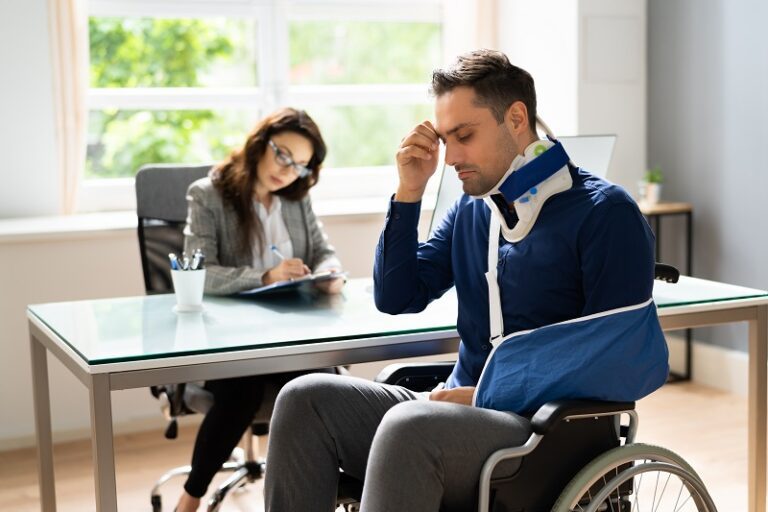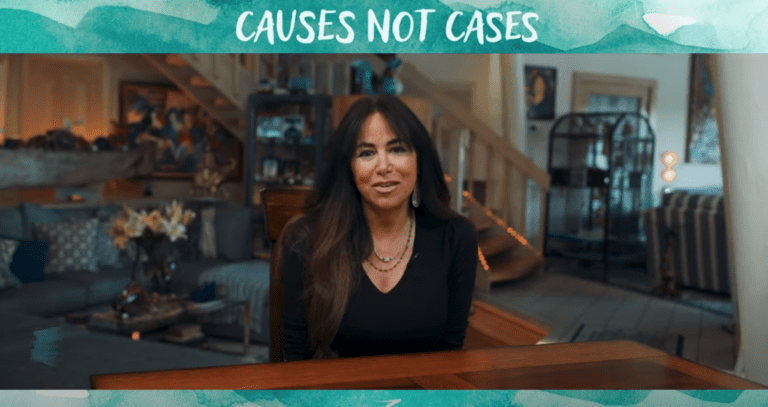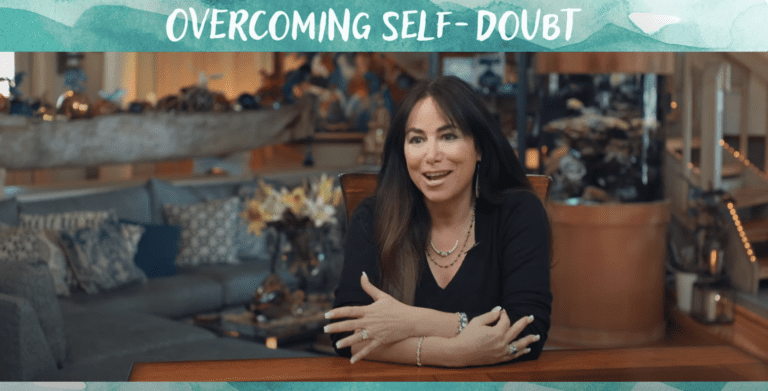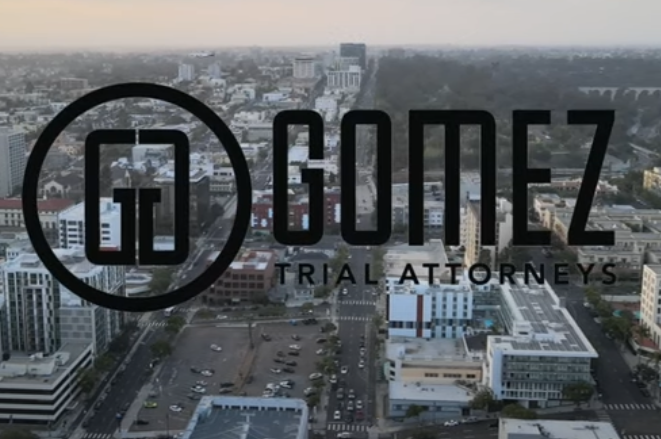Acquired brain injuries (or ABIs) occur due to damage to the brain. ABIs can occur at any time during someone’s life. It’s difficult to predict how an ABI may eventually impact someone, but, these injuries do have the potential to cause a variety of different mental, emotional, and physical problems. Acquired brain injuries are not mental illnesses or intellectual disabilities, but rather the physiological and cognitive effects of impairment in the brain.
For some people, understanding ABI is easier when they have a basic understanding of how the brain works. Here’s a quick refresher.
How Our Brains Work
An Overview of How the Brain Functions
Our brains power our bodies. They only account for a small fraction of our bodies’ weights, but they contain billions of critical neuron networks and connections. The brain oversees the body’s functions and inner workings. We get our personalities, our consciousness, and our abilities to function from our brains. The brain is broken up into halves, and each half is also broken up into two lobes. The halves of the brain are called the left and right hemispheres.
Since brains have so many different essential places inside of them, all of the different functions brains are responsible for are difficult to comprehensively network. The brain is connected to the spinal cord, which helps it connect to the rest of the body. Our brains and spinal cords combined make up our central nervous systems.
ABI vs. TBI
What Is the Difference Between Acquired Brain Injury and Traumatic Brain Injury?
ABIs occur to the brain after birth and result in a change to the brain’s neuronal activity. These shifts in neuronal activity change how nerve cells in the brain function. Usually, the patient’s functional ability decreases noticeably.
- Acquired brain injury is an umbrella term for all brain injuries.
ABIs can be separated into two categories: traumatic and non-traumatic. Traumatic ABIs are called traumatic brain injuries (or TBIs). Usually, if you hear of an ABI, it is a non-traumatic injury.
Traumatic Brain Injuries
Traumatic brain injuries are injuries that occur to the brain and are caused by an external force. Something does not need to strike a person’s head to cause a TBI.
Examples of traumatic brain injuries include those caused by:
- Vehicle accidents
- Workplace accidents
- Slip and falls
- Assaults
- Sports injuries
Non-Traumatic Brain Injuries
Non-traumatic brain injuries are generally just called acquired brain injuries (ABIs). They often cause damage to the brain because of internal factors like pressure from a tumor or lack of oxygen.
Other examples include:
- Near-drowning
- Stroke
- Aneurysm
- Birthing complications
Two types of acquired brain injuries fall into this category: anoxic and hypoxic.
- Hypoxic brain injuries occur when the brain does not get enough oxygen to function
- Anoxic brain injuries occur when the brain does not get any oxygen; anoxic anoxia occurs when the brain is supplied with no oxygen; anemic anoxia takes place when the blood supplying the brain is oxygen-deficient; toxic anoxia occurs when toxins block oxygen in the blood from being used in the brain
How Are Acquired Brain Injuries Caused?
Causes of Acquired Brain Injury
There are many potential causes of acquired brain injury. The term covers a lot of different circumstances, not just one exact condition or type of injury. ABI can occur in different ways and to different degrees, too.
The following can cause ABIs:
- Injuries or trauma to the head (i.e. traumatic brain injury)
- Drugs or alcohol
- Stroke
- Poison
- Reduced oxygen levels in the brain
- Tumors
- Infections
- Certain brain conditions (usually degenerative ones like Parkinson’s)
Physical Symptoms of Acquired Brain Injury
People who suffer from an acquired brain injury may present a myriad of symptoms. Not all of them are physical, but there do tend to be some visible symptoms when someone has ABI.
Some examples of physical symptoms of acquired brain injury include:
- Headaches
- Tiredness
- Changes in sense of touch, smell, or sight
- Fits or seizures
- Changes in sleeping patterns
- Weakness, stiffness, poor balance, or shaking
If you notice these symptoms in somebody close to you, it’s important to seek medical help immediately. A professional can assess the situation and determine which steps to take next.
Mental Symptoms of Acquired Brain Injury
Many instances of ABI create changes in survivors’ thinking and learning abilities. Not everyone who survives ABI experiences these symptoms, but some people with acquired brain injury may exhibit:
- Problems with concentration
- Issues with attention
- Problems with memory
- Confusion
- Difficulty organizing and planning
- Difficulty having conversations and communicating
Behavioral and Emotional Symptoms of Acquired Brain Injury
Do Your Emotions Change After an Acquired Brain Injury?
For some people, ABI means a shift in the way they behave and feel. Some people struggle to control their emotions, for example. Others may feel as though they’re lacking emotion. Behavior management and emotional leveling can be difficult for someone who’s experienced ABI.
A person with an ABI may:
- Have mood swings
- Act irritable or feel on edge
- Display personality changes
Acquired Brain Injury In Children
How Do Acquired Brain Injuries Affect Children?
When a child suffers a pediatric acquired brain injury, it doesn’t always look the way it does when adults experience ABI. Just like ABIs in adults, the impacts of ABIs in children vary drastically.
Many children who experience ABI also experience emotional and cognitive difficulties after their injuries. Pediatric ABI can make it very difficult for children to fully participate in school, home, and other settings. Some struggle exceptionally when it comes to structured and organized events.
How Is Acquired Brain Injury Diagnosed?
Acquired Brain Injury Severity
If a doctor suspects ABI, they may assess the potential injury’s severity in an attempt to diagnose it. A “mild” brain injury, however, does not mean an injury is not important or worth legal action. Even supposedly mild injuries can permanently change someone’s life for the worse.
Testing for Acquired Brain Injury
Oftentimes, doctors order scans or imaging to try to diagnose ABI. Most people with ABI have undergone a brain scan at some point, but other tests could help detect problems too. Plus, a clear scan doesn’t necessarily mean someone is ABI-free.
Imaging isn’t the only kind of testing that can help determine whether someone has acquired brain injury. Doctors can perform tests to determine how well someone’s memory and thinking skills work, or to find out whether they’re capable of performing daily tasks. Tests like these help pinpoint the specific problems someone has and the help they may need if they do have an ABI.
If you or someone you love has had ABI testing and you have questions about your results, reach out to a qualified brain injury attorney for more help.
Acquired Brain Injury Treatment
Treating Acquired Brain Injury
Treatment for an ABI depends on the nature of the ABI itself. If somebody has suffered a stroke, for example, then he or she needs treatment that’s meant for symptoms of a stroke. Further treatment after an ABI depends on a person’s unique experiences. Some people may have to deal with certain problems that other ABI survivors don’t. Long-term ABI treatment usually takes the form of rehabilitation.
Emergency Treatment After an Acquired Brain Injury
If someone has experienced brain injury, immediate treatment may involve surgery to control bleeding and pressure in or around the brain.
Recovering From Acquired Brain Injury
Lots of people share the same question after an acquired brain injury: when will I feel like me again? There’s no definitive answer to the question. Recovering from ABI can take years—and for some, recovery is a lifelong process.
If you have medical questions about ABI recovery, ask your doctor. Let your lawyer know about them, too—your questions and concerns may raise legal issues, such as how much you can pursue for pain and suffering.
A Support System Can Make or Break Recovery
Family, friends, and other important people in your life all play a critical role in your recovery should you experience ABI. Many ABIs require survivors and the people around them to make changes in their day-to-day lives. The more informed and supportive your loved ones are, the smoother your recovery and rehabilitation will prove.
Prognosis After ABI
The outcome of an ABI depends entirely on the injury itself—its cause, severity, location, etc. For some, the prognosis is a full recovery; for others, it’s death. This is one reason why a capable medical team and a qualified legal professional can be so helpful to you during your recovery. You need doctors who understand that your situation is unique. You also need legal support that can help you no matter how severe your injury is.
Second Impact Syndrome (Recurrent Traumatic Brain Injury)
There is a unique form of ABI called second impact syndrome. This syndrome occurs when someone sustains a traumatic injury before a traumatic injury they already suffered before has healed. It doesn’t matter whether the second injury occurs days, weeks, or months after the first—if someone’s brain has not healed from his or her initial concussion, it puts them at risk for recurrent traumatic brain injury.
When a second brain injury occurs before the first has healed, the second injury is much more likely to cause harmful swelling and damage in the brain. Death can occur quickly after a second head injury.
There are lasting impacts of recurrent brain injury. Some people experience difficulties with learning and thinking, problems with muscle tone, and even hallucinations and difficult-to-control emotions.
Acquired Cerebral Palsy
Can You Get Cerebral Palsy From Negligent Medical Care?
Some cases of pediatric cerebral palsy are considered acquired—that is, caused by damage occurring in a baby’s brain after its birth. Because full brain development occurs somewhere between two and five years of age, that leaves a long window after birth where unique brain damage can occur.
Acquired injuries that occur in childrens’ brains after they are fully developed are not diagnosed as cerebral palsy, though they may present similar symptoms. Children who suffer brain injuries before their brains fully develop are often diagnosed with acquired cerebral palsy.
These children also generally display symptoms that most people associate with cerebral palsy, like:
- Abnormal movements
- Difficulties walking
- Tremors
- Unsteady balance
- Repetitive motions
- Stiff muscles
- Abnormal movements
- Speech difficulties
How Can a Lawyer Help After ABI?
Compensation After ABI
Many people have questions about what sort of compensation they are eligible for after an ABI. If your ABI was caused by somebody else’s negligence or neglect, you may be entitled to collect damages to account for:
- Past, present, and future medical bills associated with the ABI; this includes long-term and individualized costs like therapies, equipment, and so on
- Loss of wages or diminished earning potential if you have (a) missed time from work due to the ABI and/or (b) has your earning potential permanently altered by the ABI
- Pain and suffering if your ABI has caused you physical pain
- Mental anguish if your ABI has caused you exceptional mental struggles
- Disability
What Do ABI Lawyers Do?

Most of the things a brain injury attorney will do for you boil down to defending your rights.
Whether it’s your right to compensation, your right to accommodation, or your right to something else, the lawyer you partner with will help you pursue what you need (and what you are owed) after an ABI.
- Your lawyer will help you collect and document evidence to prove expenses, demonstrate your innocence, show someone else’s liability for your ABI, and so on
- Your lawyer may work with experts from different sectors to strengthen your case
If you or someone you love has experienced an ABI, there are steps you can take to help protect your legal rights and pursue compensation for damages, as well as increase the odds of a successful recovery. A qualified acquired brain injury lawyer can help you understand your options.
Gomez Trial Attorneys
655 West Broadway, Suite 1700
San Diego, CA 92101
Phone: (619)-237-3490







